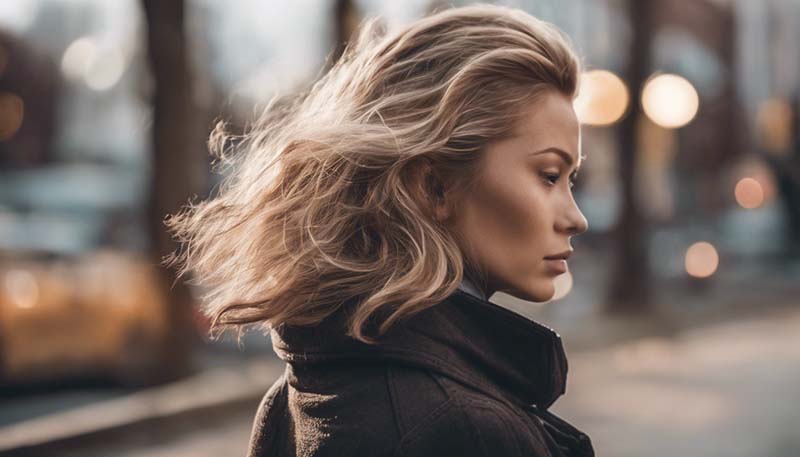The Impact of Aging on Hair Health and How to Combat It
The Impact of Aging on Hair Health and How to Combat It
Aging is a natural process that affects every individual, and it is inevitable that as we grow older, our hair health will be impacted as well. This article will explore the various ways in which aging affects hair health and provide some tips on how to combat these effects.
Introduction
Hair is one of the most noticeable features of our appearance, and it can greatly impact our self-esteem and confidence. As we age, our hair goes through several changes that can lead to a decrease in hair health. Understanding these changes and taking steps to combat them can help maintain healthy hair as we age.
How Aging Affects Hair Health
1. Hair Thinning and Loss
One of the most common signs of aging is hair thinning and loss. This is due to a decrease in the production of hair follicles and a reduction in the size of the hair follicles. As a result, the hair becomes thinner and more fragile, leading to hair loss.
2. Gray Hair
Gray hair is a natural result of aging. As we age, the melanocytes in our hair follicles decrease in number, leading to a reduction in the production of melanin, the pigment that gives hair its color. This results in the hair appearing gray or white.
Advertisement
3. Dry and Brittle Hair
Aging can also lead to dry and brittle hair. This is due to a decrease in the production of sebum, the natural oil that helps to keep our hair moisturized and healthy. As a result, the hair becomes more prone to breakage and damage.
4. Changes in Hair Texture
As we age, our hair texture may change. This can be due to a decrease in the production of keratin, the protein that gives hair its structure. This can lead to changes in hair texture, such as becoming curly or wavy when it was previously straight.
Combating the Effects of Aging on Hair Health
1. Maintain a Healthy Diet
A healthy diet is essential for maintaining hair health. Eating a balanced diet that is rich in vitamins, minerals, and proteins can help to promote hair growth and prevent hair loss.
2. Use Gentle Hair Care Products
Using gentle hair care products can help to prevent damage and breakage. Avoid harsh chemicals and opt for natural, sulfate-free shampoos and conditioners.
3. Avoid Heat Styling Tools
Heat styling tools, such as hair dryers, curling irons, and flat irons, can cause damage to the hair. Limit the use of these tools and opt for heat-free styling methods whenever possible.
4. Stay Hydrated
Drinking plenty of water is essential for overall health, including hair health. Staying hydrated can help to keep the hair moisturized and prevent dryness and breakage.
5. Manage Stress
Stress can have a negative impact on hair health. Finding ways to manage stress, such as through exercise, meditation, or hobbies, can help to promote hair health.
6. Regular Haircuts
Getting regular haircuts can help to keep the hair healthy and prevent split ends. It can also help to maintain a flattering hairstyle as the hair texture changes with age.
7. Consider Hair Loss Treatments
If hair loss is a concern, there are several treatments available that can help to promote hair growth and prevent further hair loss. These treatments may include over-the-counter medications, prescription medications, or hair transplant surgery.
Conclusion
While aging is a natural process that cannot be stopped, there are several steps that can be taken to combat the effects of aging on hair health. By maintaining a healthy diet, using gentle hair care products, avoiding heat styling tools, staying hydrated, managing stress, getting regular haircuts, and considering hair loss treatments, individuals can maintain healthy hair as they age.
